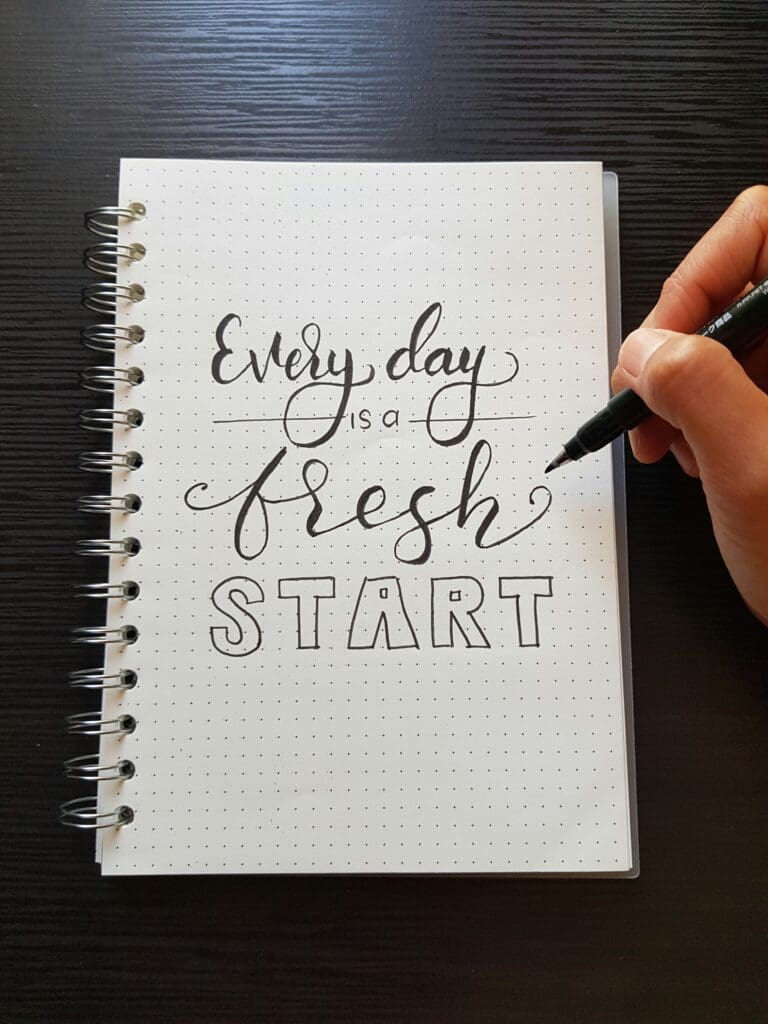- Establish Boundaries: Setting boundaries involves recognizing your limits and communicating them effectively to others. It means understanding when to say no to additional responsibilities, social engagements, or requests that may overwhelm you. By setting clear boundaries, you protect your time and energy, allowing you to focus on activities that are truly important to you.
- Allocate Time: Just as you schedule meetings, appointments, and work tasks, it’s important to allocate specific time slots in your schedule for self-care activities. Whether it’s a morning meditation routine, an evening walk, or a weekly relaxation session, block out time for self-care and treat it as non-negotiable.
- Practice Mindfulness: Mindfulness involves paying attention to the present moment without judgment. It can include meditation, deep breathing exercises, or simply being fully present in whatever activity you’re engaged in. By practicing mindfulness regularly, you can reduce stress, improve focus, and cultivate a greater sense of calm and clarity in your life.
- Physical Activity: Regular exercise is essential for both physical and mental well-being. Find activities that you enjoy, whether it’s running, swimming, cycling, or dancing, and make them a regular part of your routine. Exercise not only boosts your mood and energy levels but also helps reduce stress and improve overall health.



5. Healthy Eating: Nourish your body with nutritious foods that fuel you throughout the day. Aim for a balanced diet rich in fruits, vegetables, whole grains, lean proteins, and healthy fats. Limit processed foods, sugary snacks, and excessive caffeine or alcohol consumption, as they can negatively impact your mood and energy levels.
6. Adequate Rest: Quality sleep is essential for physical and mental health. Aim for 7-9 hours of sleep per night and establish a consistent sleep schedule. Create a relaxing bedtime routine to signal to your body that it’s time to wind down, and create a comfortable sleep environment free from distractions.
7. Creative Expression: Engage in activities that allow you to express yourself creatively, whether it’s writing, painting, drawing, playing music, or cooking. Creative expression can be a therapeutic outlet for processing emotions, relieving stress, and fostering self-discovery.
8. Social Connections: Cultivate meaningful connections with friends, family, and loved ones who uplift and support you. Make time for quality interactions and prioritize nurturing positive relationships that bring joy and fulfillment to your life.
9. Set Realistic Goals: Break down your goals into smaller, achievable tasks to prevent feeling overwhelmed or discouraged. Celebrate your progress along the way and acknowledge your accomplishments, no matter how small. Setting realistic goals helps you stay motivated and focused on your personal growth journey.



10. Seek Support: Don’t hesitate to reach out for support when needed. Whether it’s talking to a trusted friend, family member, or mental health professional, seeking support is a sign of strength, not weakness. Surround yourself with a supportive network of people who can offer guidance, encouragement, and empathy.
11. Disconnect: Take regular breaks from technology and social media to recharge and reconnect with the present moment. Set boundaries around screen time and establish tech-free zones or times during your day. Disconnecting allows you to reduce mental clutter, enhance mindfulness, and improve overall well-being.
12. Engage in Hobbies: Dedicate time to activities that bring you joy and fulfillment outside of work or obligations. Whether it’s gardening, cooking, photography, or playing sports, engaging in hobbies allows you to relax, unwind, and pursue your passions.
13. Self-Reflection: Set aside time for self-reflection and introspection to gain insight into your thoughts, emotions, and behaviours. Journaling can be a helpful tool for processing your experiences, identifying patterns, and setting intentions for personal growth and development.
14. Practice Gratitude: Cultivate a mindset of gratitude by regularly acknowledging and appreciating the positive aspects of your life. Keep a gratitude journal where you write down things you’re thankful for each day, whether it’s big milestones or small moments of joy. Practicing gratitude can shift your perspective, enhance resilience, and promote overall happiness.
15. Seek Balance: Strive to maintain a balance between work, leisure, and personal time in your life. Avoid overcommitting yourself and learn to prioritize activities that align with your values and bring you fulfillment. Balance allows you to prevent burnout, sustain productivity, and cultivate a sense of harmony in your life.






